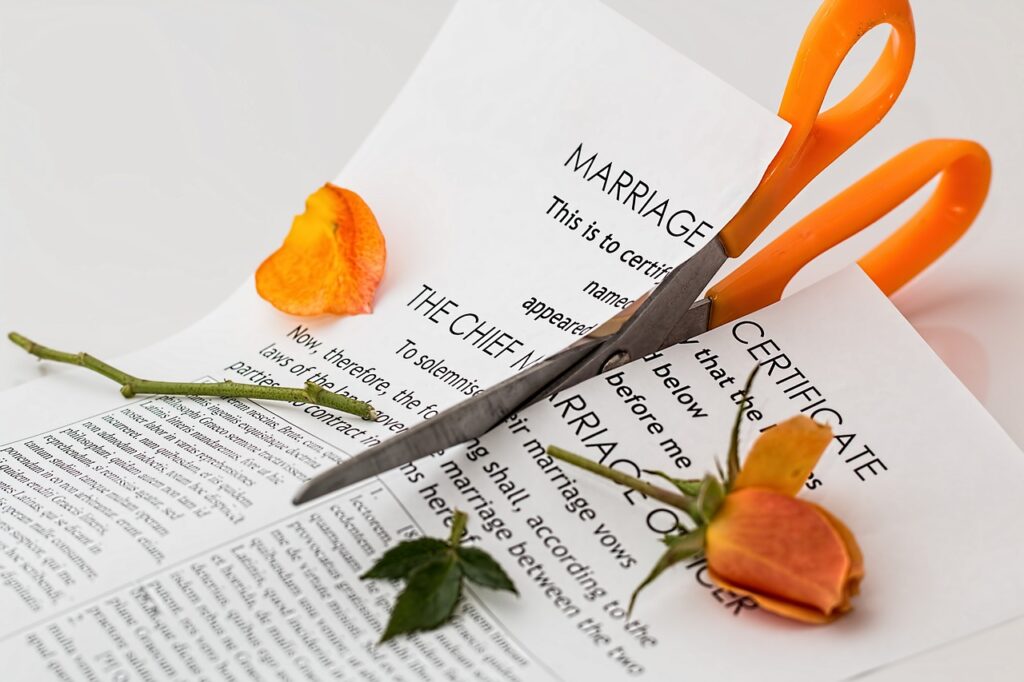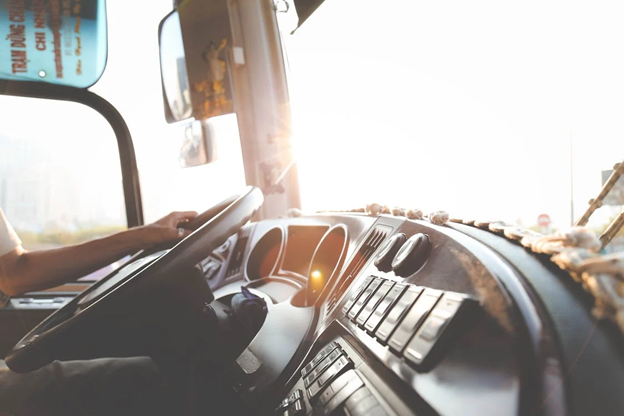Now Reading: Find Support After an Accident or Injury
-
01
Find Support After an Accident or Injury

Find Support After an Accident or Injury
An accident or injury can be a traumatic and life-altering event, leaving individuals physically and emotionally vulnerable. During this challenging time, finding the right support is crucial for a smooth recovery journey. In this article, we will explore various avenues and resources available to help those affected by accidents or injuries to regain control of their lives. From medical assistance and legal aid to emotional support and rehabilitation services, understanding the available options can make all the difference in the healing process.
Seeking Immediate Medical Attention
The first step after an accident or injury is to seek immediate medical attention. Regardless of the severity of the injuries, it is essential to visit a healthcare professional who can assess the condition and provide necessary treatment. In cases of severe injuries, calling emergency services or going to the nearest hospital is crucial. Delaying medical care may exacerbate injuries and lead to long-term complications.
Legal Guidance and Advocacy
After receiving medical attention, individuals should consider seeking legal guidance, especially if the accident was caused by someone else’s negligence or wrongdoing. Legal experts, such as personal injury attorneys, can provide valuable advice on navigating the complexities of insurance claims and potential lawsuits. They can help protect the victim’s rights and pursue compensation for medical expenses, lost wages, and emotional distress.
Emotional Support and Counseling
Coping with the aftermath of an accident or injury can take an emotional toll on victims and their families. Seeking emotional support and counseling is crucial for processing the trauma and rebuilding mental resilience. Many communities offer support groups where individuals can connect with others who have experienced similar challenges, fostering a sense of understanding and belonging. Professional therapists and counselors can also provide personalized guidance to cope with anxiety, depression, and post-traumatic stress disorder (PTSD).
Occupational and Vocational Rehabilitation
In cases where the accident or injury results in long-term or permanent disabilities, occupational and vocational rehabilitation can assist individuals in re-entering the workforce or adjusting to a new career path. These programs focus on developing skills that align with the person’s abilities, ensuring they can lead independent and fulfilling lives despite their physical limitations.
Financial Support and Compensation
Accidents and injuries can lead to financial burdens, particularly with mounting medical bills and potential loss of income due to time off work. Apart from potential legal compensation, there are other avenues of financial support available. Government assistance programs, disability benefits, and charitable organizations can provide aid during difficult times.
Social Support and Community Resources
Relying on the support of friends, family, and the community is crucial during the recovery process. Loved ones can offer emotional support, assist with daily tasks, and provide a sense of security. Additionally, various community resources, such as local nonprofits and churches, may offer practical help, such as transportation services, meal deliveries, and financial assistance.
Technology and Assistive Devices
Advancements in technology have significantly improved the quality of life for those living with disabilities or injuries. From mobility aids such as wheelchairs and prosthetics to assistive devices for communication and daily tasks, technology plays a vital role in enhancing independence and overall well-being.
Home Modifications and Accessibility
For individuals with disabilities resulting from an accident or injury, modifying their living space to accommodate their needs is essential for maintaining independence and comfort. Home modifications can include installing ramps, handrails, and accessible bathrooms, which can significantly improve day-to-day life for those with mobility challenges.
Nutrition and Well-being
Proper nutrition plays a vital role in the recovery process. A balanced diet rich in essential nutrients can aid in healing, boost the immune system, and provide the necessary energy to rebuild strength. Consulting with a nutritionist or dietitian can help tailor a diet plan that aligns with the individual’s specific health requirements.
Preventive Measures and Safety Education
While accidents are often unexpected, understanding preventive measures and safety education can help reduce the risk of future incidents. Educational programs on safe driving, workplace safety, and home precautions can empower individuals and communities to take proactive steps in preventing accidents and injuries.
Coping with Chronic Pain
Chronic pain is a common consequence of certain accidents or injuries. Learning to manage and cope with chronic pain is vital for enhancing overall well-being. Pain management clinics and specialized therapies can assist individuals in finding relief and improving their quality of life.
Advocating for Change
In some cases, accidents may be the result of hazardous conditions, defective products, or neglectful practices. Advocating for change and safety improvements can prevent similar incidents from occurring in the future. Joining advocacy groups or participating in campaigns that promote safety and accountability can make a significant impact on public awareness and policy changes.
Conclusion:
Navigating the aftermath of an accident or injury is a continuous journey that encompasses various aspects of life. From receiving medical attention and legal guidance to seeking emotional support and community resources, individuals can effectively navigate the challenges of recovery with the assistance of the right support network. Integrating technology and assistive devices, exploring alternative therapies, and emphasizing preventive measures can further facilitate the healing process.
It is crucial to bear in mind that each person’s experience is unique, and there is no universal solution for finding support after an accident or injury. Personalized care and consideration play a pivotal role in helping individuals regain control of their lives and progress on their path to recovery.
At Fasig Brooks Law Offices, we understand the importance of fostering a sense of community, empathy, and understanding. By doing so, we can cultivate a society that uplifts and stands by those who have endured accidents or injuries. Whether it is the support from family and friends, the expertise of healthcare professionals, the camaraderie of support groups, or the aid of technology, discovering the appropriate assistance is fundamental to rebuilding lives and embracing a brighter future after an accident or injury. Together, we can make a positive impact on the lives of those affected and promote a safer and more compassionate world.

How does one combine a passion for journalism with a strong sense of justice? For Crystal, the choice was simple: legal journalism. Born and raised in a family of attorneys but wanting to approach the law from an investigative angle, Crystal decided that people would not hear her voice in the court, but online, in magazines, journals, and other platforms. When she is not studying active lawsuits closely to report on them, she writes public-friendly articles detangling the complicated threads representing the American legal system.










